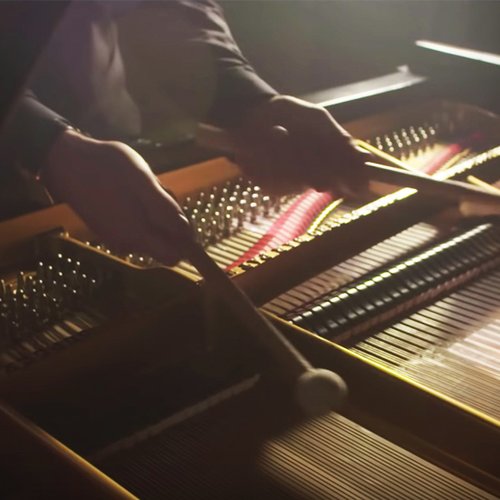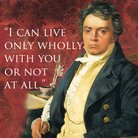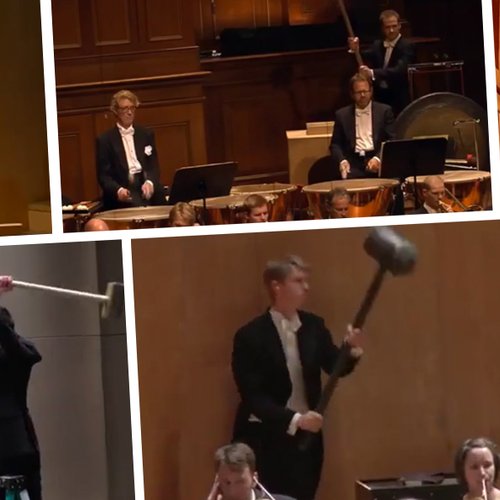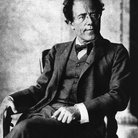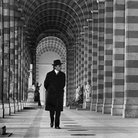Mahler: 15 facts about the great composer
Gustav Mahler's life and music was not short of incident and controversy - find out why with our handy facts gallery.
-
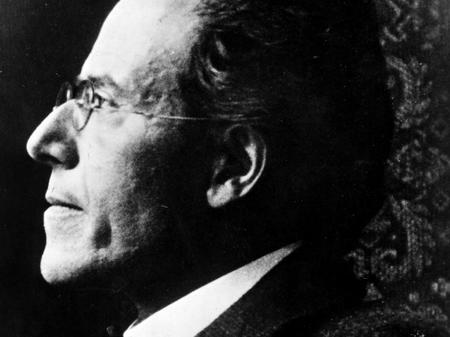
1. Early starter
The Austrian composer Gustav Mahler discovered a piano in his grandmother's attic when he was six years old. Just four years later, he gave his first public performance.
-
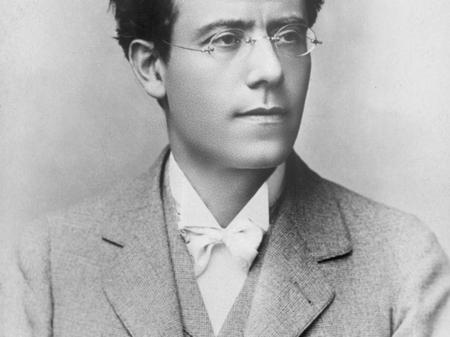
2. Bohemia and Kaliste
The Mahler family came from eastern Bohemia before settling in the German town of Kaliště.
-

3. A Vienna Graduate
Mahler graduated from the Vienna Conservatory in 1878. Sadly, few of his student compositions were preserved, so it's a little unclear what he may have sounded like at the time.
-
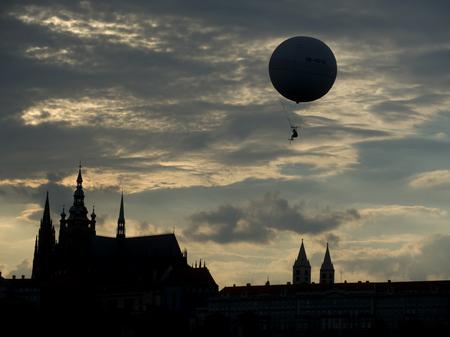
4. Prague
Following his tenure with Leipzig Opera, Mahler moved to Prague in 1885 to take up a post with the Neues Deutsches Theater (New German Theatre) in Prague.
-
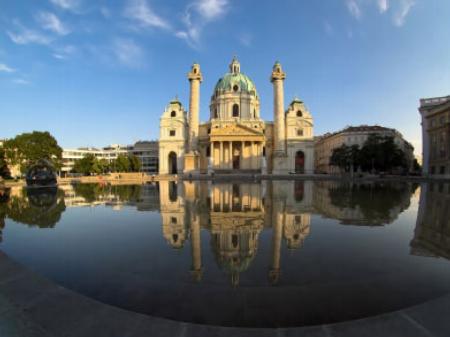
5. Vienna Court Opera
In 1897 Mahler became director of the Vienna Court Opera, a post he'd hold for ten years. It was a testing time for Mahler, who on more than one occasion had to prove his German cultural credentials to appease his employers. He did so with some storming concerts conducting Wagner.
-
-
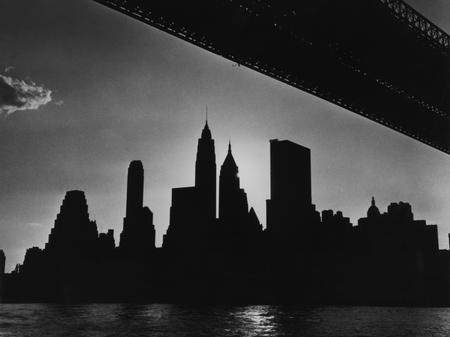
6. New York, New York
Mahler went Stateside to become director of New York's Metropolitan Opera and the New York Philharmonic at the turn of the twentieth century.
-
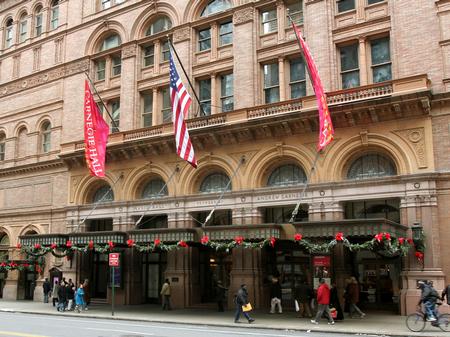
7. Carnegie Hall - his last engagement
On 21 February 1911, Mahler conducted his final concert at New York's Carnegie Hall. He was severely ill afterwards and confined to bed. He travelled back to Vienna, where he died on May 18th 1911.
-
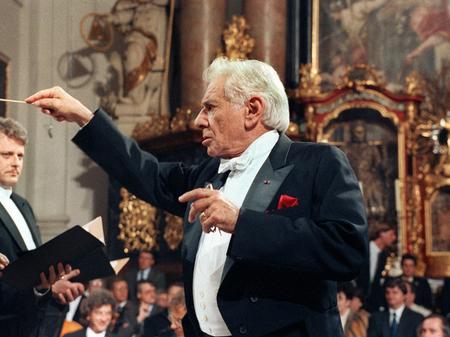
8. Leonard Bernstein - Mahler fan
Following the devastating impact of the First World War, Mahler's emotionally potent soundscapes were perceived by some as out of kilter with the general mood of the times. Leonard Bernstein, a big fan, would often like to claim he renewed interest in the composer from 1960 onwards.
-
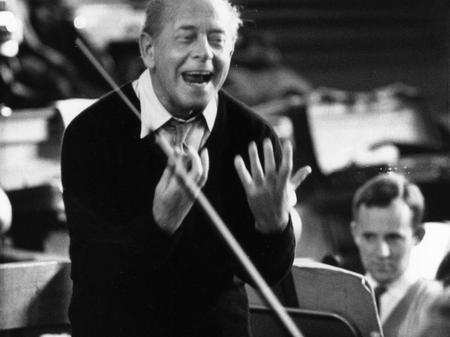
9. Eugene Ormandy
The Hungarian/US conductor Eugene Ormandy was another staunch supporter of Mahler's work after his death. In this photo he takes the London Symphony Orchestra through Mahler's 10th Symphony in 1966.
-
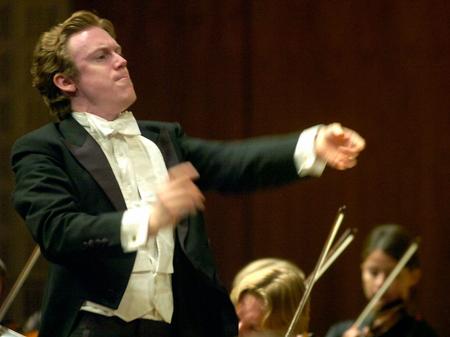
10. The Mahler Chamber Orchestra
British conductor Daniel Harding conducts the Mahler Chamber Orchestra during the Lucerne Festival at the Culture and Congress Centre in Lucerne Switzerland, 2006.
-
-
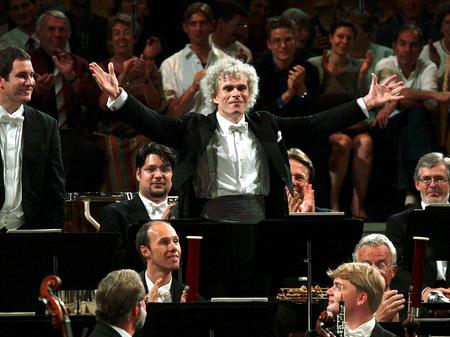
11. Sir Simon Rattle - Mahler's biggest champion?
Sir Simon Rattle takes a bow after finishing Mahler's 5th Symphony on his first concert with the Berlin Philharmonic Orchestra. His interpretations of Mahler symphonies have become legendary, from his days with the City of Birmingham Symphony Orchestra onwards.
-
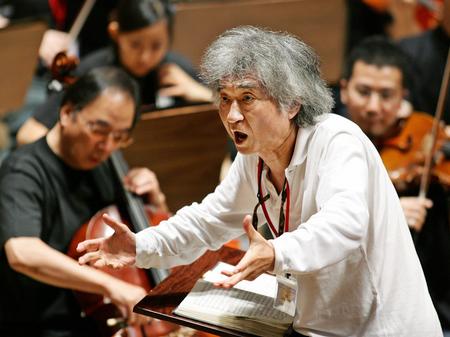
12. Seiji Ozawa conducts the Resurrection
Seiji Ozawa, director of Vienna State Opera Hall, conducts a performance of Mahler's Symphony No. 2 ''Resurrection'' in 2006. The Resurrection is one of Mahler's most challenging yet rewarding works - a colossal meditation on the afterlife with some truly terrifying sounds.

